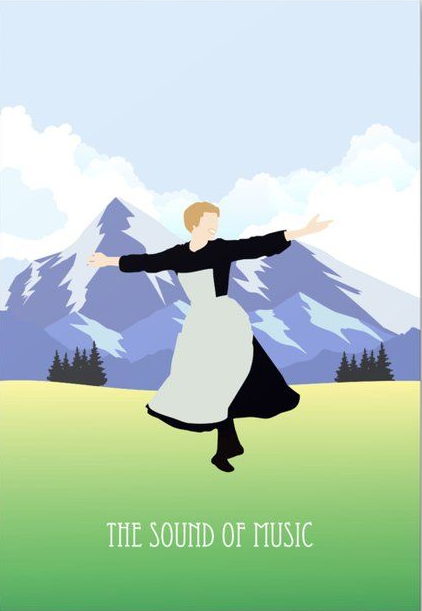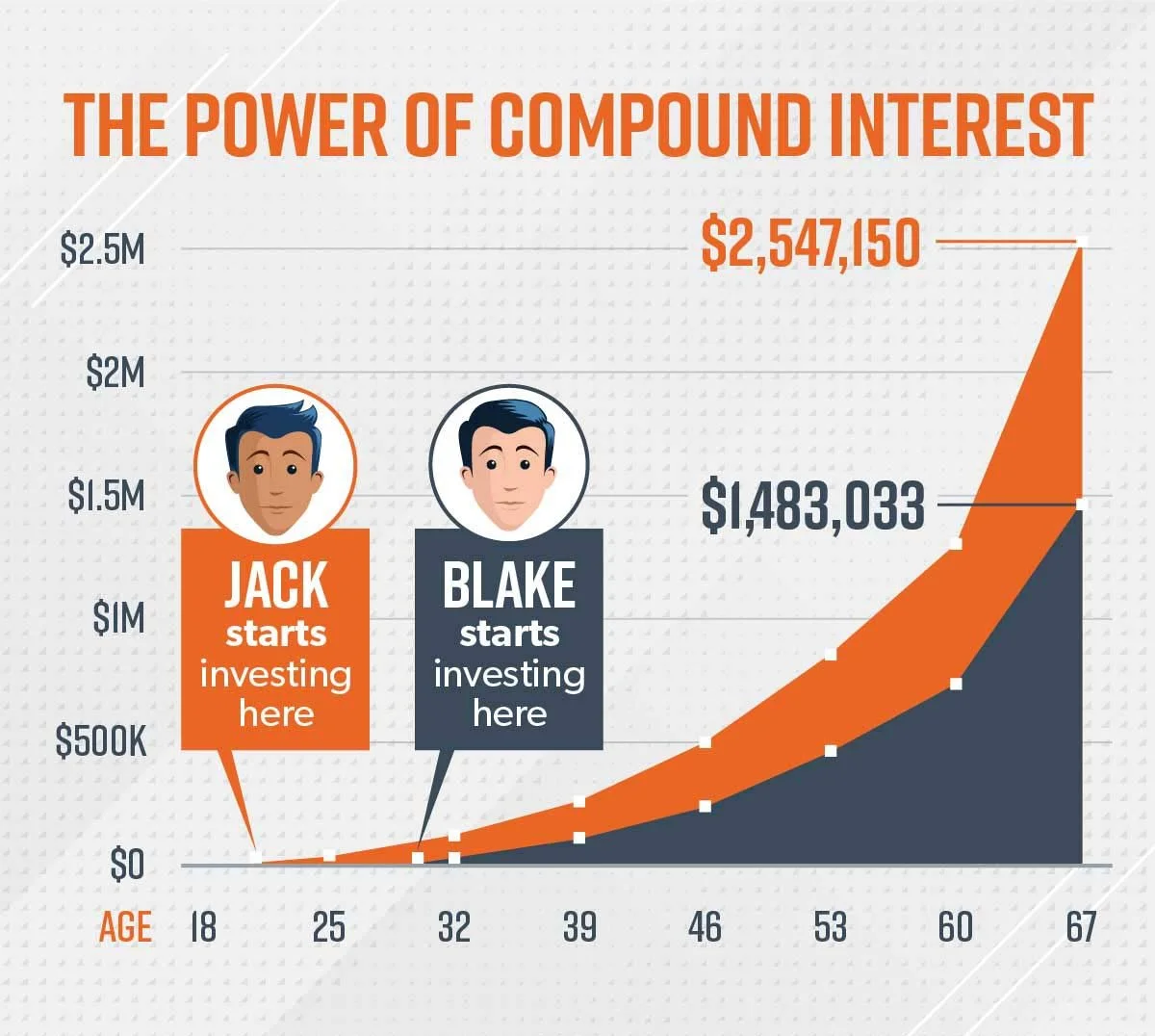There's no shortage of things to write about this week with so much happening globally. Almost immediately after hitting the send button on Wednesday mornings, I start looking for next week's topic. Given current events (pandemic, Ukraine, and the slap heard around the world), there is no shortage of things to discuss. Yet all week, I was uninspired.
Yesterday, sitting in front of a blank word doc in a writing malaise, my wife and I bounced ideas back and forth, yet I felt nothing. Then, I found this story about a man who does just that, NOTHING.
I hope his story of doing nothing has you feeling something.
Enjoy!
Rental-Health and the Go Home Game
For years, in Japan and South Korea, there's been a cottage industry of renting strangers to impersonate friends, family, or significant others to save face at social functions where plus-ones are expected.
One man stands above all the rest in this small, but growing, industry: Shoji Morimoto.
Morimoto is in every way an unremarkable man. He is average height, average weight, average looking, and has a remarkably unremarkable past. He is known as Japan's "do-nothing guy."
Over the last few years, Shoji Morimoto, 38, has offered himself as a warm body who can be there, keeping people from being isolated or alone. Morimoto, nicknamed "Rental-san," is known throughout Japan; he has inspired a television series, written several books, and has drawn worldwide attention through his viral social media posts, where he has over half-million followers.
Morimoto's gigs have run the gamut and show no consistent pattern other than he fills a void. He has waited at the finish line of a marathon, sat with someone while they finished their thesis, listened to health-care workers describe the mental health toll of the pandemic, and quietly sat with divorcees who were not used to eating alone.
He will go wherever you want and be a passive spectator whenever you like. He's there for people at a significant moment in their life, who want to rewrite a traumatic memory, or experience a vulnerable moment without being alone. Shoji fills that void with no judgment, explanation, or no need to justify.
Mr. Morimoto has a cult following and built a business by offering himself as another human who can simply be there.
He has fulfilled roughly 4,000 inquiries and has one to two clients a day, down from three to four before the pandemic.
Shoji's tales and wide following make me wonder how many people out there wish they had, or need, a Rental-san in their life. Someone to accompany, witness, or be there when someone doesn't want to be alone. I also wonder how many young people use our rehearsal spaces and hallways for this exact purpose.
As a teacher, I experienced this virtually every day. I would see kids who would rather sit in my band room and do homework, read a book, or do any other host of non-musical activities, in the presence of others rather than in the solitude and privacy of their own home. Almost daily, when my work was done, I would grab my things and say, "Hey kids, let's play a game!" The 10 or 15 teenagers would respond in unison, "The go-home game!"
These students didn't use their time to practice their music or master a skill. They were not working on theory or performing service projects for the organization. They were simply there, chatting with friends or doing their homework in the presence of others.
I probably knew what they were doing in the back of my mind, but I never put a name to it. More importantly, I don't know that I took any action to see if I could help. And, if I am being candid, as an over-worked young teacher, it is possible that from time to time, I was doing the same thing, filling my late afternoons with happy music kids, rather than going home to an empty apartment.
Although there were some regulars, they weren't always the same kids, and the times and durations of their stay varied. I had before-school rental-sans, lunch rental-sans, and after-school rental-sans. Each one had a different story and reason for being there.
But for the most part, and on most days, I was a passive spectator whose only role was to provide the space and time for the experience to occur.
We all know that most of our students will not be professional musicians, and that many young people join groups just to be in a group. Most of us actively foster this family-like feeling and encourage our students to treat our facilities as a second home. We know and put names and faces to the students who spend all of their free time roaming the halls of our facilities looking to fill their time in the presence of others. We just never knew coming out of college that this was part of our job.
Does anyone need a Rental-san? I have thirty-two years of experience. How many years do you have?
Have a great week!
-Scott











